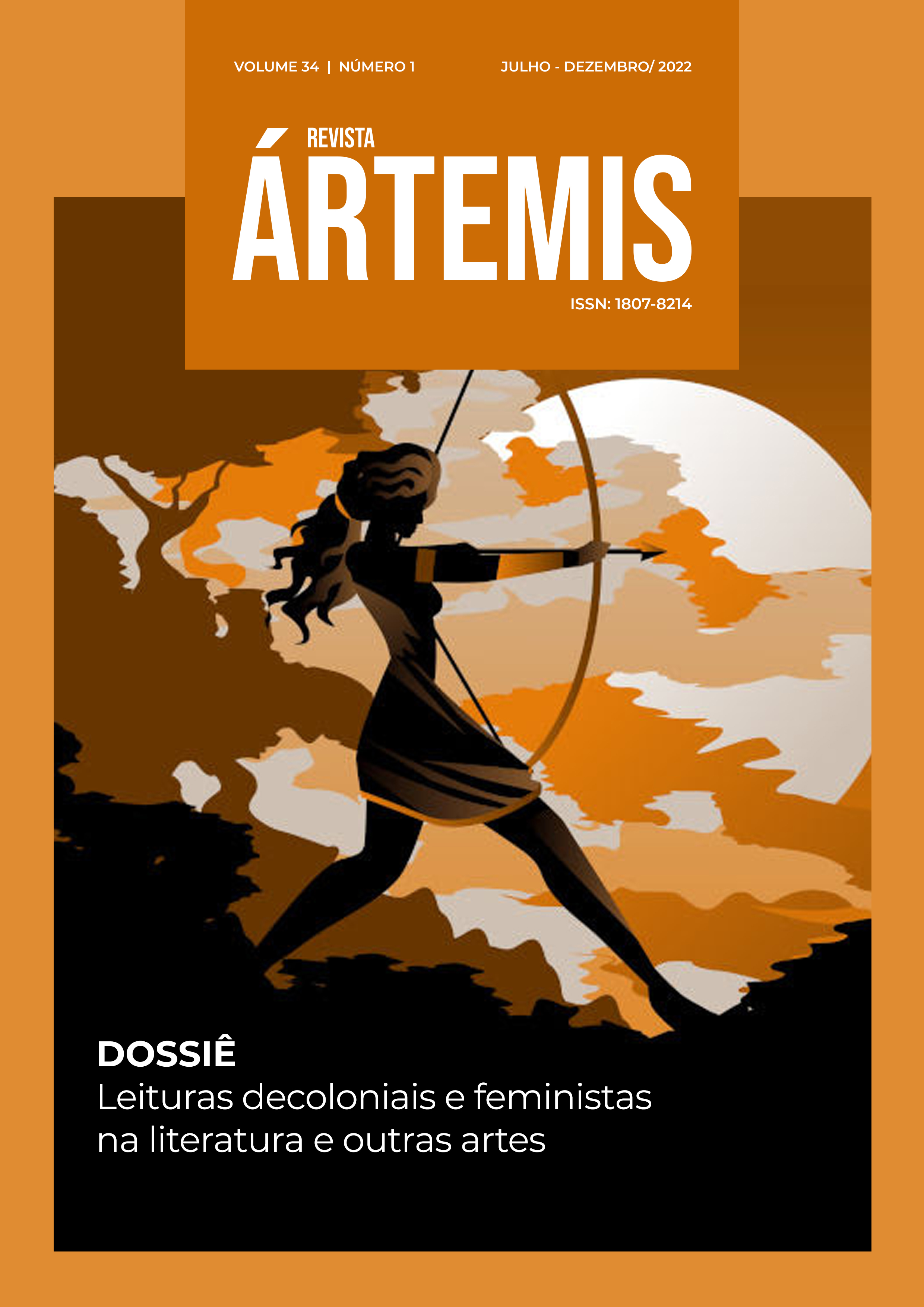Scherezade de Nélida Piñon: a (in)visibilidade da voz feminina em vozes do deserto
Abstract
Vozes do deserto, by Nélida Piñon (2004), is a novel that reinvents the fascination of the Book of a thousand and one nights. Inserted in a space ruled by Islam, the Arab storyteller Scherezade uses the power of imagination as a resistance strategy and, in addition to saving herself and the other young women in Baghdad from the death penalty decreed by the Caliph, she achieves her freedom after a certain time. The aim of this study was to investigate Scherezade's transgressive behavior, considering the limits of oppression and resistance in the midst of Arab-Muslim social relations. Relying on the foundations of Feminist Criticism theorized by Bahri (2013), Hollanda (1994), Lauretis (1994), Schmidt (2000), Zolin (2009), among other authors, it was possible to analyze the aesthetic-thematic mechanisms of the Piñonian narrative, from a critical perspective founded on feminism, for elucidating significant aspects of women's emancipation, in addition to highlighting the violence applied against the female body, raising discussions about the hierarchy between genders in different social contexts. In general terms, the way in which Scherezade was constructed by Piñon (2004) presents new outcomes that displace women from the place of silencing and acceptance of social conventions, legitimized by founding discourses, such as the religious, in this case, the sacred text of the Koran (2004), for the creation of strategies to reverse the imposed conditions. Rescued, recreated and updated in the Piñonian novel, the protagonist represents not only women from the East, but women from all over the world, freed from any kind of submission, prejudice, oppression, violence and, above all, death.







